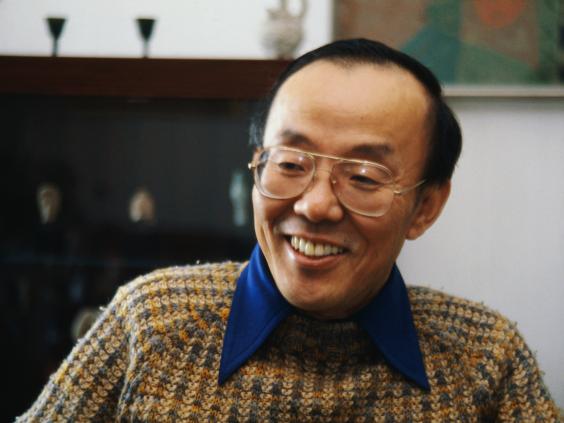

In 1968, he would later become chief editor of one of these, the prestigious Mita Bungaku. His studies were interrupted by the war, during which he worked in a munitions factory and also contributed to literary journals. Įndō first attended Waseda University for the stated purpose of studying medicine, but later decided to switch to the literature programme at Keio University.

Some say this was brought on by his mother, who had converted to Catholicism after her divorce, while others state the aunt instigated the initiation. Endō was baptized as a Catholic at the age of 11 or 12 in the year 1934. When his parents divorced in 1933, Endō's mother brought him back to Japan to live with an aunt in Kobe. Soon after Endō was born in Tokyo in 1923, his family moved to Dairen, then part of the Kwantung Leased Territory in Manchuria. Together with Junnosuke Yoshiyuki, Shōtarō Yasuoka, Junzo Shono, Hiroyuki Agawa, Ayako Sono (also Catholic), and Shumon Miura, Endō is categorized as part of the " Third Generation" (that is, the third major group of Japanese writers who appeared after World War II). He was the laureate of several prestigious literary accolades, including the Akutagawa Prize and the Order of Culture, and was inducted into the Roman Catholic Order of St. Internationally, he is known for his 1966 historical fiction novel Silence, which was adapted into a 2016 film of the same name by director Martin Scorsese.

Shūsaku Endō ( 遠藤 周作, Endō Shūsaku, March 27, 1923 – September 29, 1996) was a Japanese author who wrote from the rare perspective of a Japanese Catholic.


 0 kommentar(er)
0 kommentar(er)
